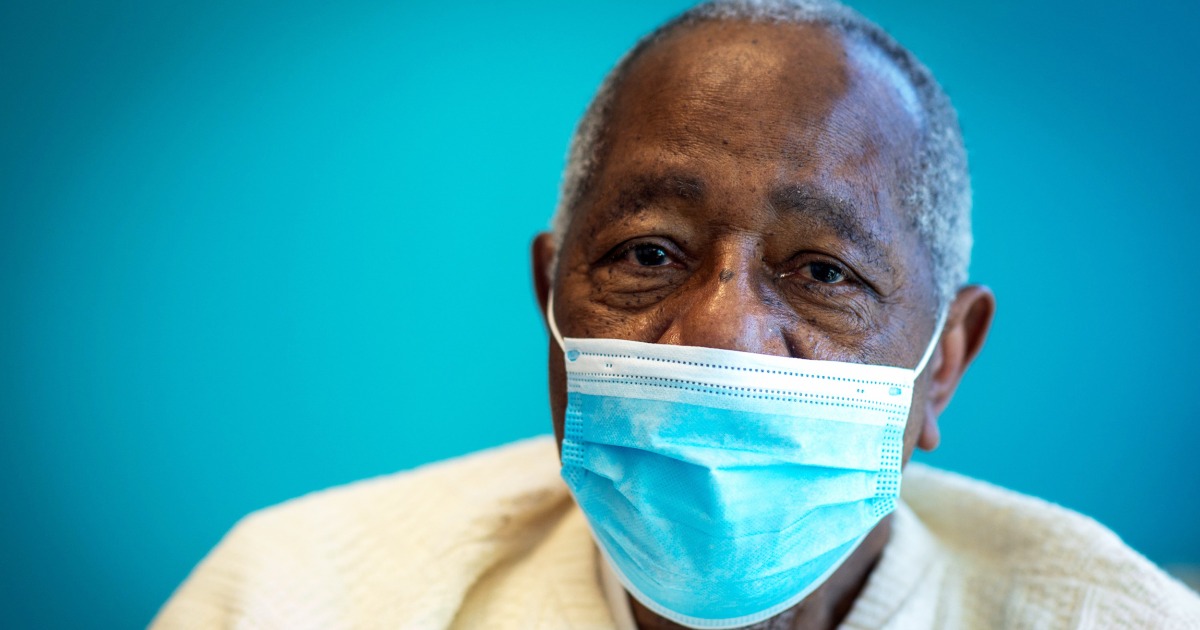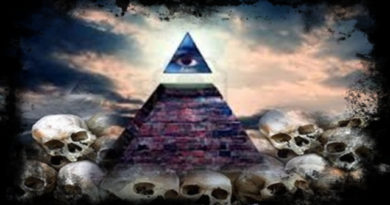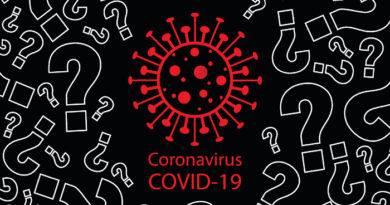‘A boomerang effect’: Hank Aaron’s death is falsely linked to Covid vaccine

In his last tweet, Hank Aaron sent a message to Black Americans that coronavirus vaccinations are safe.
“I was proud to get the COVID-19 vaccine earlier today at Morehouse School of Medicine,” he wrote on Twitter on Jan. 5. “I hope you do the same!”
After Aaron died at 86 on Friday, some vaccine skeptics and anti-vaccination advocates latched onto the tweet to spread misinformation about the vaccine.
The Fulton County Medical Examiner’s office said Monday that Aaron, considered one of the greatest all-around players in baseball history, died of natural causes.
But that hasn’t stopped people from suggesting otherwise on social media, including on the audio-only app Clubhouse. On Twitter, the anti-vaccination activist Robert F. Kennedy Jr. wrote that Aaron’s death was “part of a wave of suspicious deaths” related to the vaccine.
Peter Hotez, a professor of pediatrics and molecular biology and dean of the National School of Tropical Medicine at the Baylor College of Medicine, predicted this would happen.
“I’m terribly sad about the loss of Hank Aaron, one of my important childhood heroes,” Hotez tweeted Friday. “In the meantime I’m getting ready for the backlash from those who will try to exploit this and attempt to attribute his death to a #covid vaccination.”
Hotez, the author of “Vaccines Did Not Cause Rachel’s Autism,” said this is the “modus operandi” of anti-vaxxers.
“They’re opportunists,” he said in an interview Monday. “They’ll try to glom on to anything they can.”
They also specifically try to target African Americans with their messages, he said.
“So this kind of was two birds with one stone for them,” Hotez said, referring to Aaron’s death.
Aaron got the vaccination publicly with other civil rights leaders this month in Georgia to reassure and encourage Black Americans — many of whom, experts say, do not trust the coronavirus vaccines — to do the same.
Dr. Carlos del Rio, executive associate dean at the Emory University School of Medicine, said the public nature of Aaron’s decision proved to be a double-edged sword.
“We make his vaccination public so it would be used to increase vaccination,” del Rio said Monday. “Unfortunately, because his vaccination was made public and then he died, now we have a little bit of a boomerang effect in which it’s coming to haunt us because he died.”
But in reality, del Rio said he had “absolute confidence that his death has nothing to do with the vaccine and it has to do with the fact that he was old and frail.”
Del Rio said the coronavirus vaccines are safe and effective, and prevent people from dying of the deadly virus that has killed more than 400,000 people in the U.S.
Both Hotez and del Rio said that one fact they believe many people are missing is that nearly 2 million Americans older than 65 die every year.
“If you’re vaccinating large numbers of people over the age of 65, a number are going to die from causes unrelated to vaccines,” Hotez said. “So explaining that is really important.”
It is worth remembering, del Rio said, that according to the Centers for Disease Control and Prevention, the majority of people who died from Covid-19 in the U.S. through Jan. 16 were people 65 and older.
“I’d rather have the vaccine than have Covid,” del Rio said.
Sandra Lindsay, a Jamaican-born critical care nurse who was the first person in New York to receive the vaccine, said distrust in the Black community stems from past harmful practices, such as the Tuskegee study in which U.S. health care workers left syphilis untreated in Black men without their consent to analyze the effects. Lindsay said the study is frequently referred to by patients, including children.
“People keep going back to that,” Lindsay said in an interview Monday. “We know that it was harmful and inhumane and painful and hurtful.”
Lindsay said she volunteered to be among the first to take the coronavirus vaccine at Long Island Jewish Medical Center, where she is the director of critical care nursing, because she wanted to “inspire people who look like me.”
“When people talk to me about their fears, I never dismiss it,” Lindsay, 52, said. “I’m a Black woman. And I know what has happened in the past, and it’s something that I had to grapple with.”
Since the start of the pandemic, some Black celebrities have faced backlash for pushing unfounded conspiracies about the coronavirus to a population with a great deal of mistrust in medical research.
The R&B singer Keri Hilson was widely criticized for falsely linking the coronavirus to 5G networks in social media posts last March. Afterward, Hilson said that, at the request of her management, she had deleted videos and articles she had helped to elevate and that whatever its cause, the virus is “a real thing.” And in December, the singer and actor Tyrese Gibson was criticized for writing in an Instagram post that one of his secrets for staying Covid-free is sleeping with the temperature at 90 degrees every night. The World Health Organization has said: “Exposing yourself to the sun or to temperatures higher than 25 degrees Celsius (75 degrees Fahrenheit) does not prevent nor cure COVID-19.”
Lindsay believes the onus is on health care workers and others in the medical community to educate people and to address their concerns about the vaccines.
“Encourage them to ask questions,” she said. “And engage them and educate them to dispel some of these conspiracy theories.”
*** This article has been archived for your research. The original version from NBC News can be found here ***


